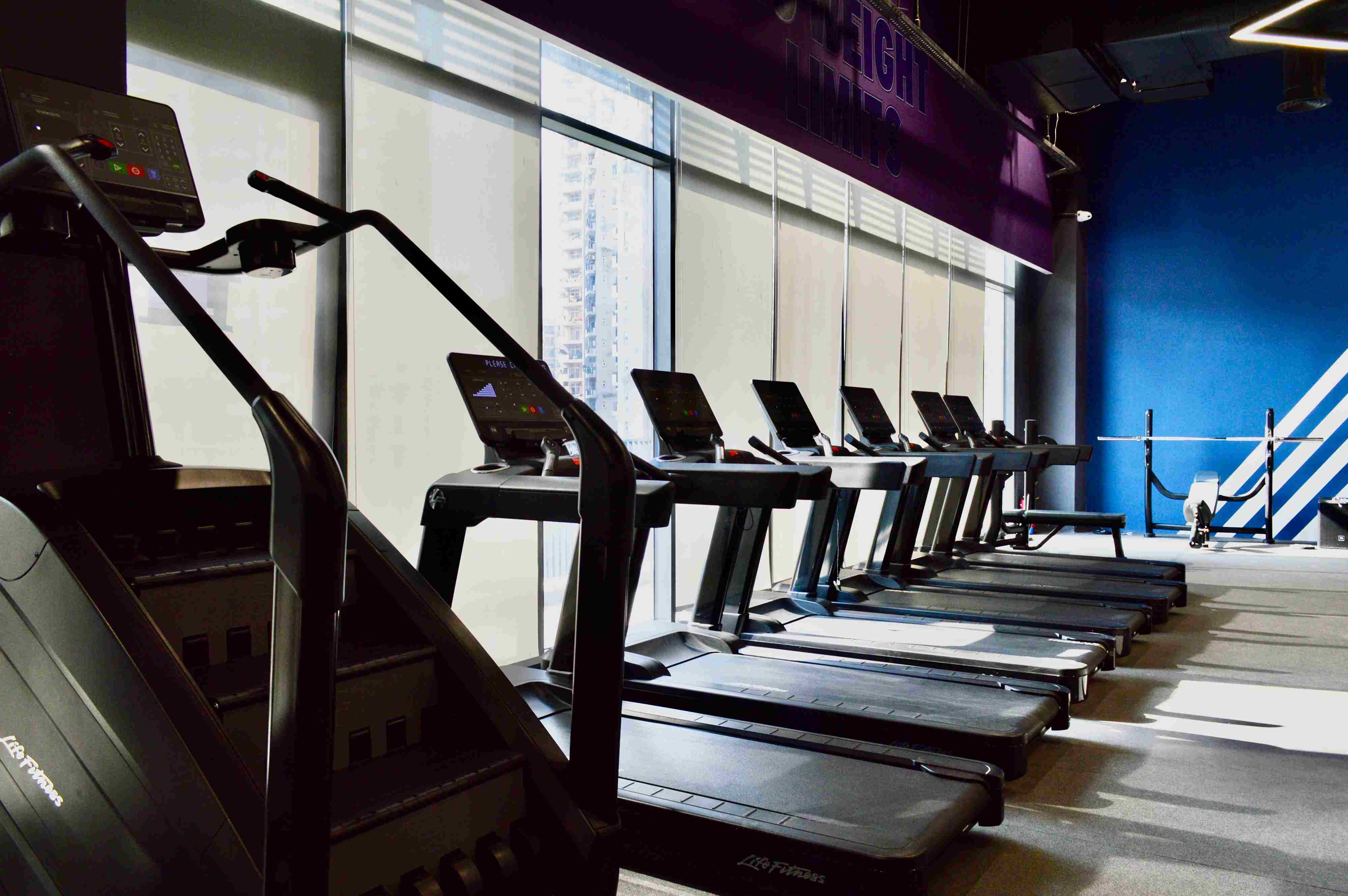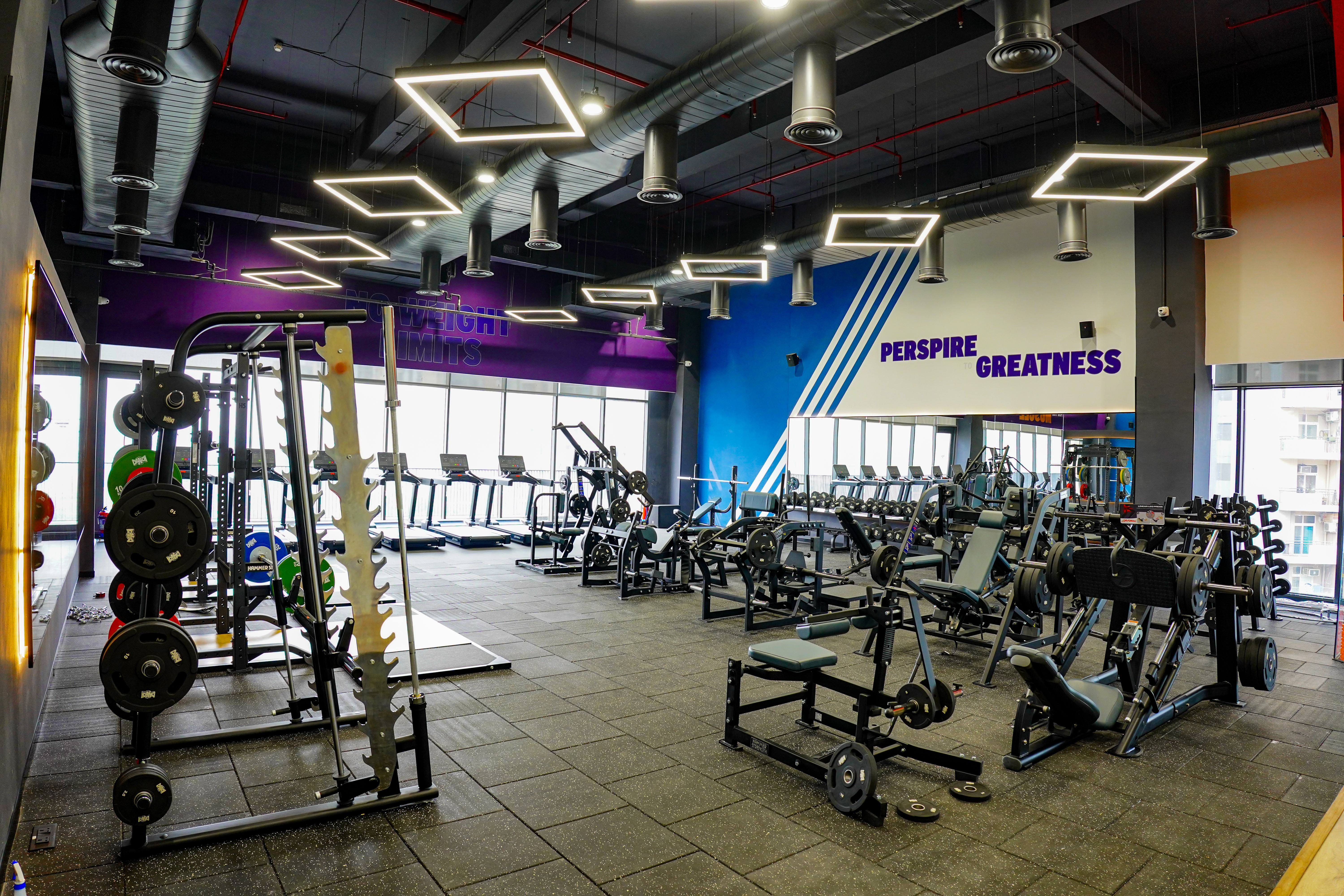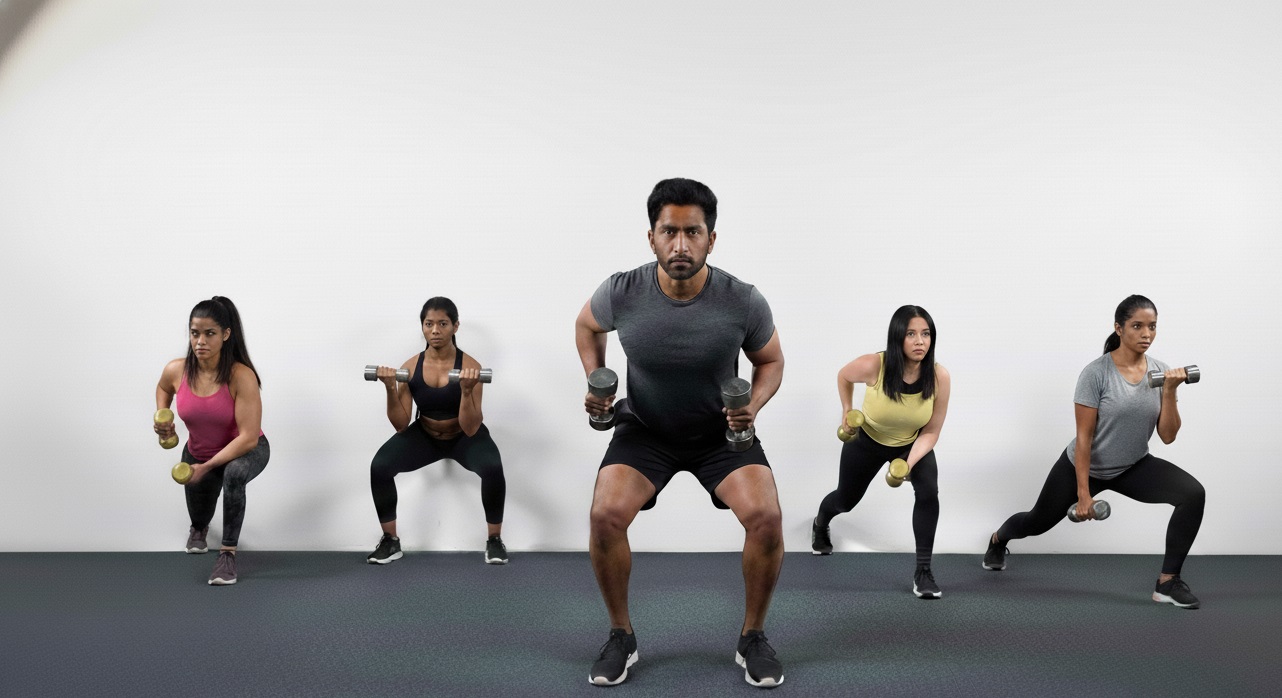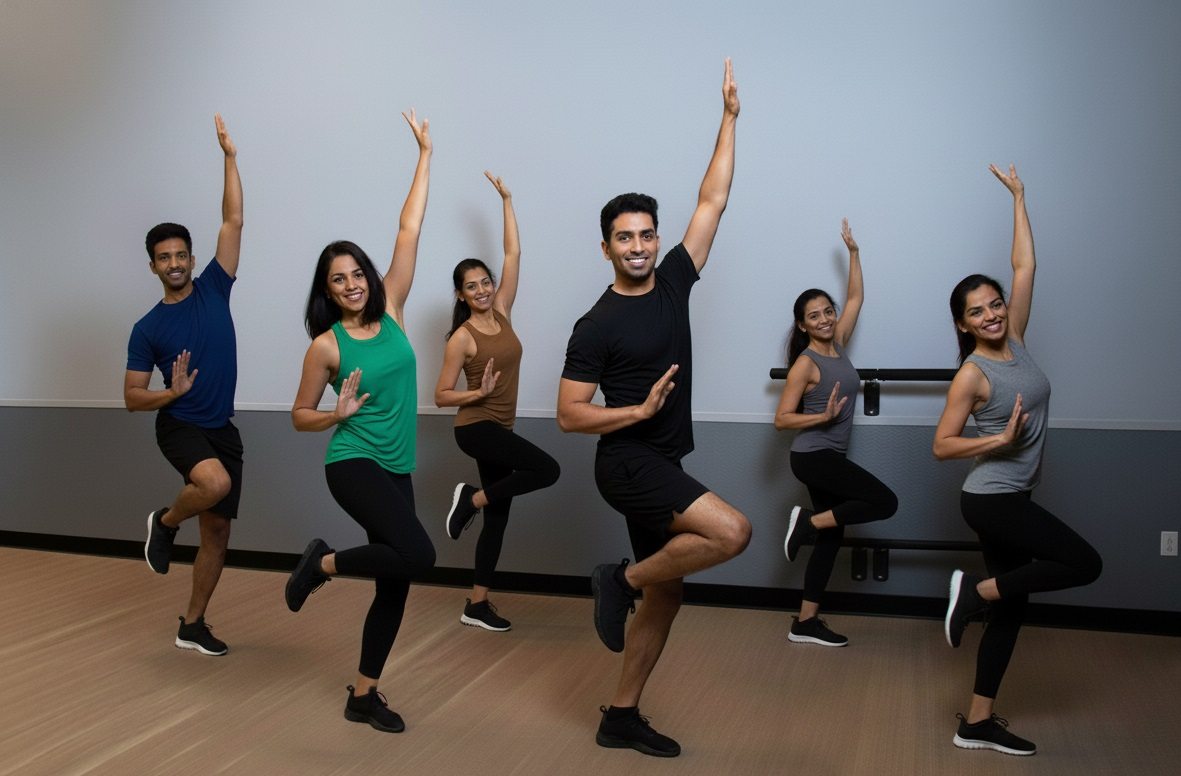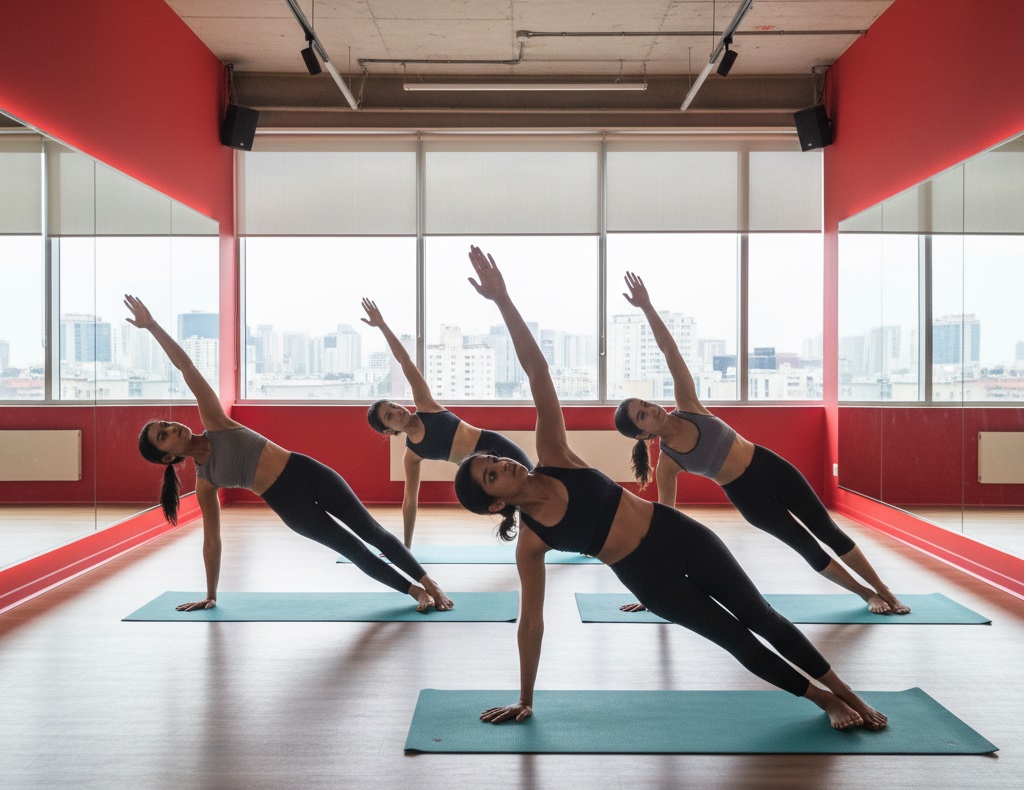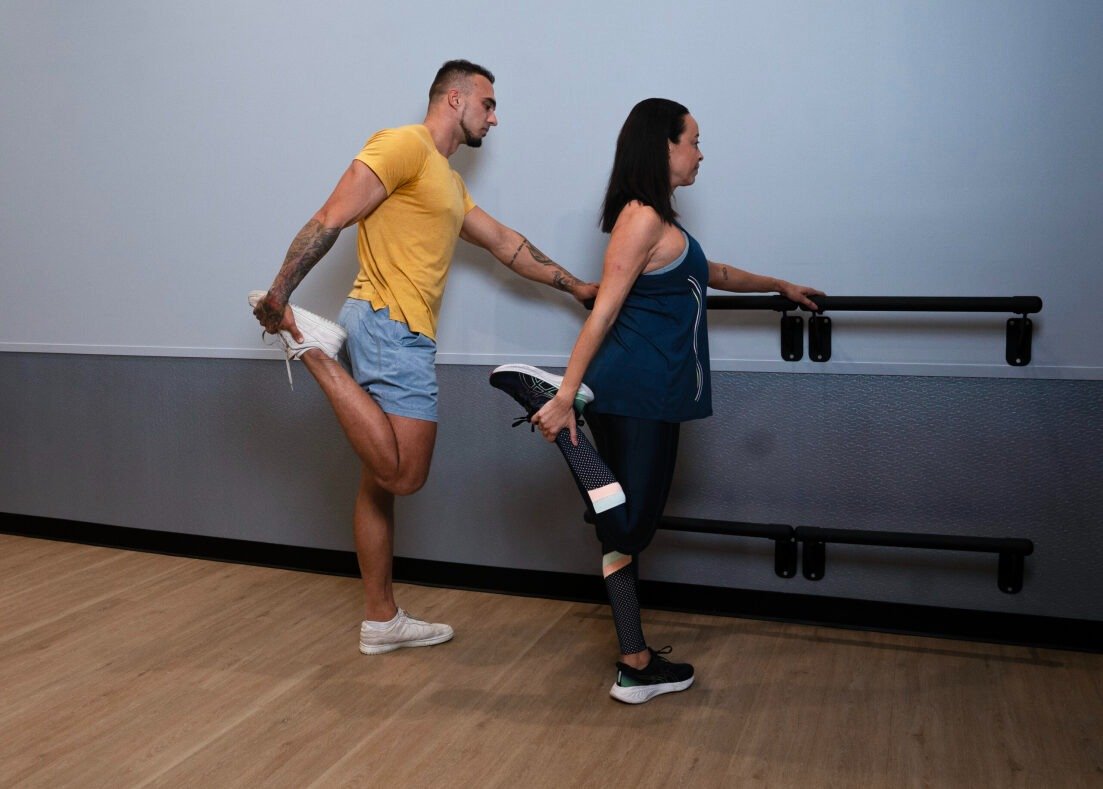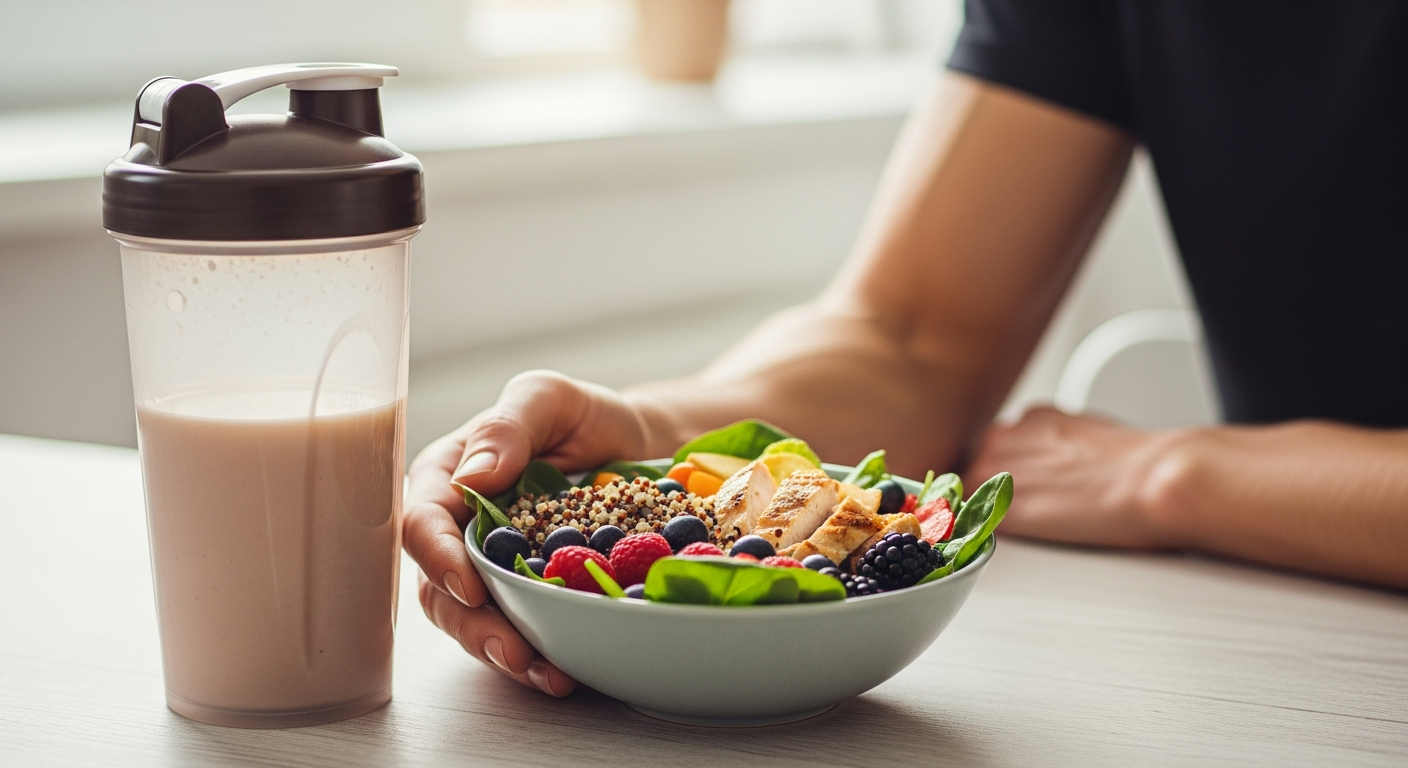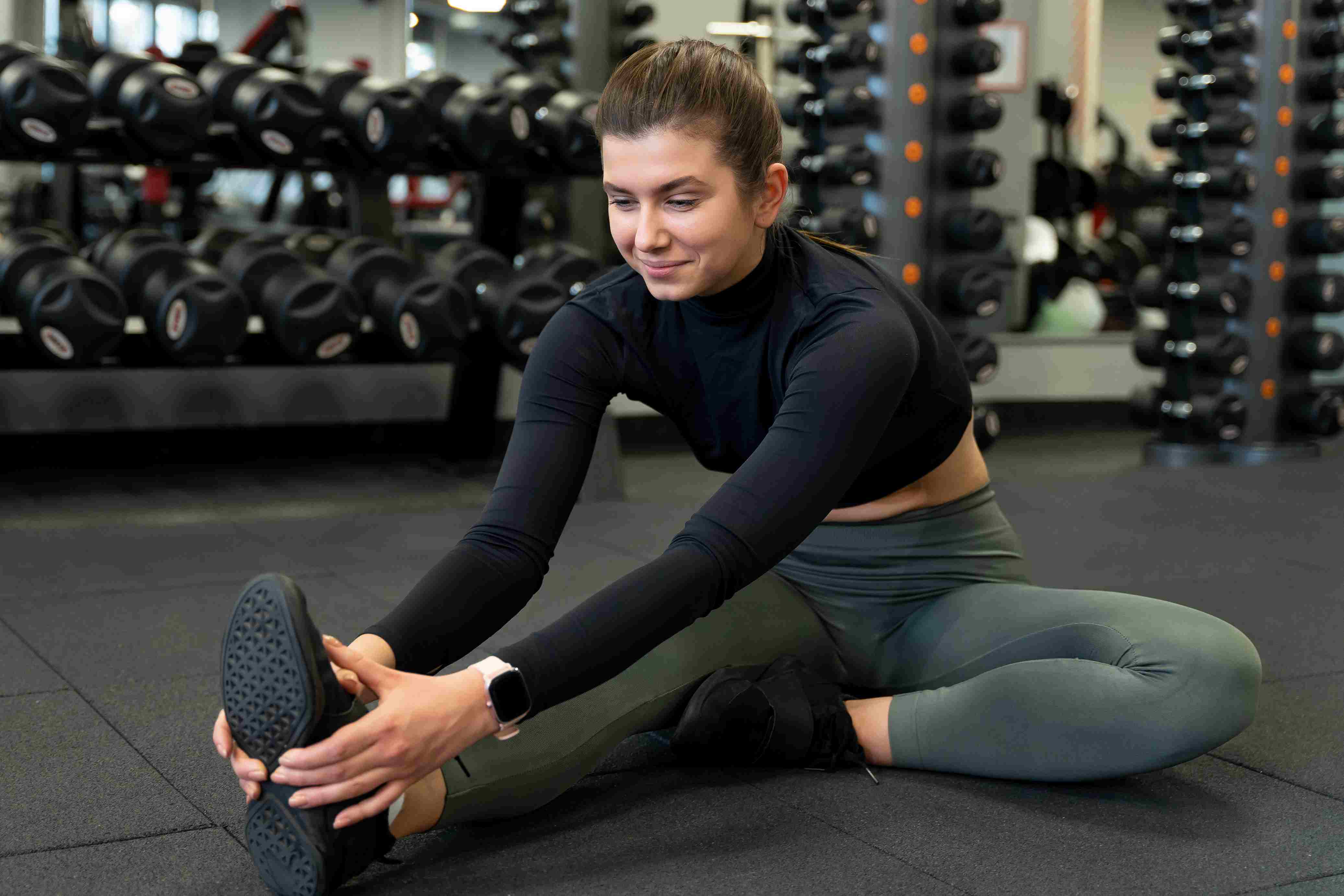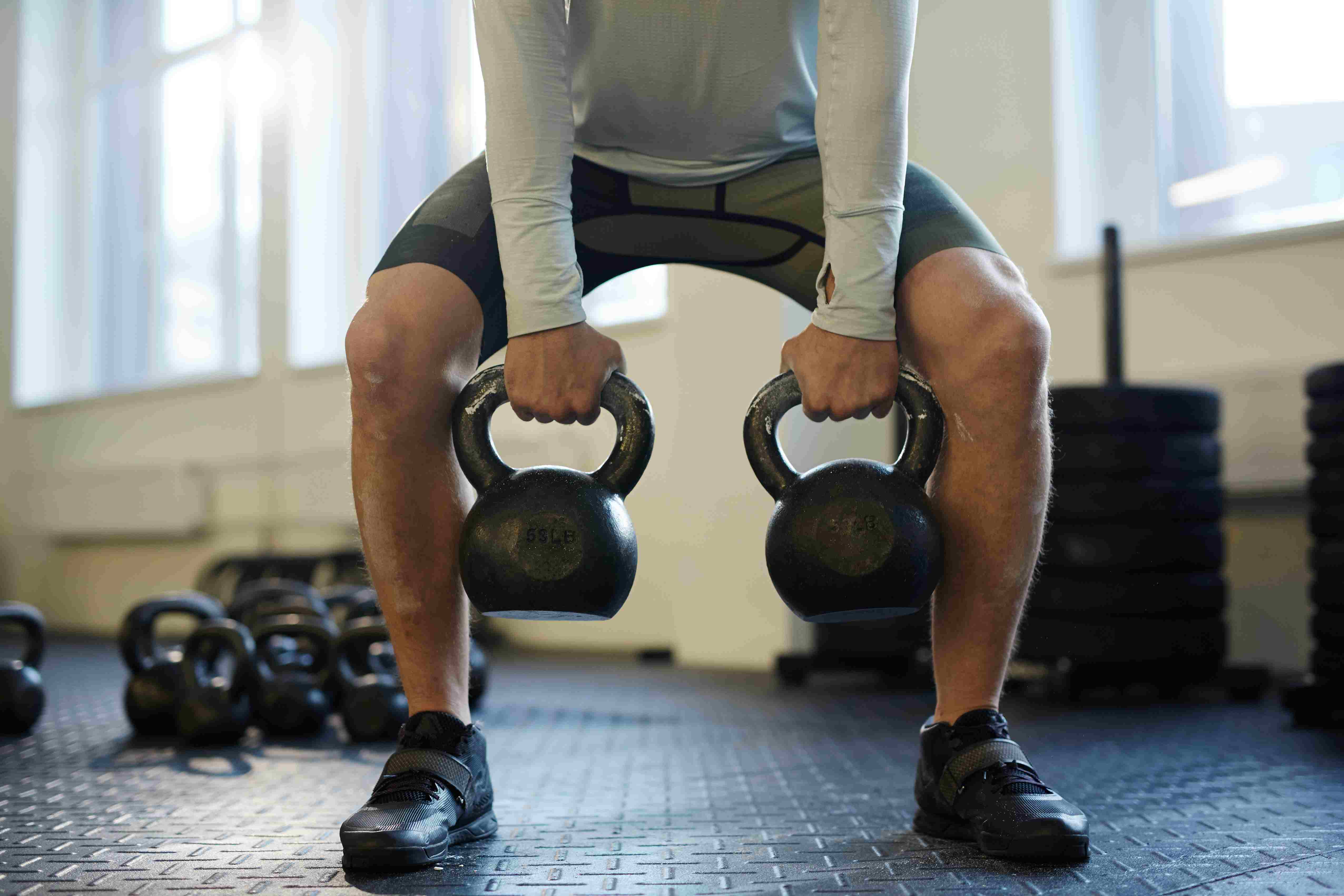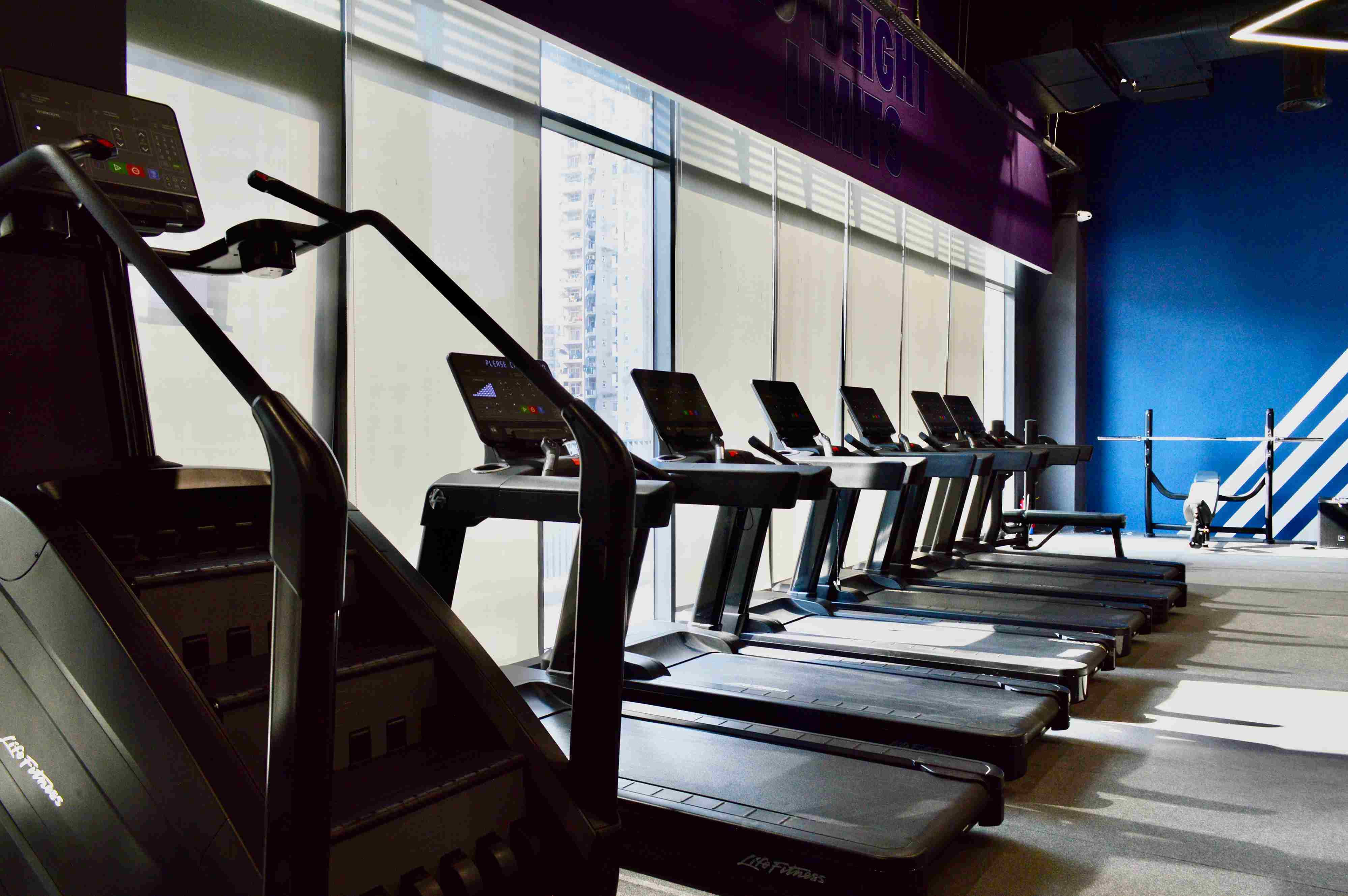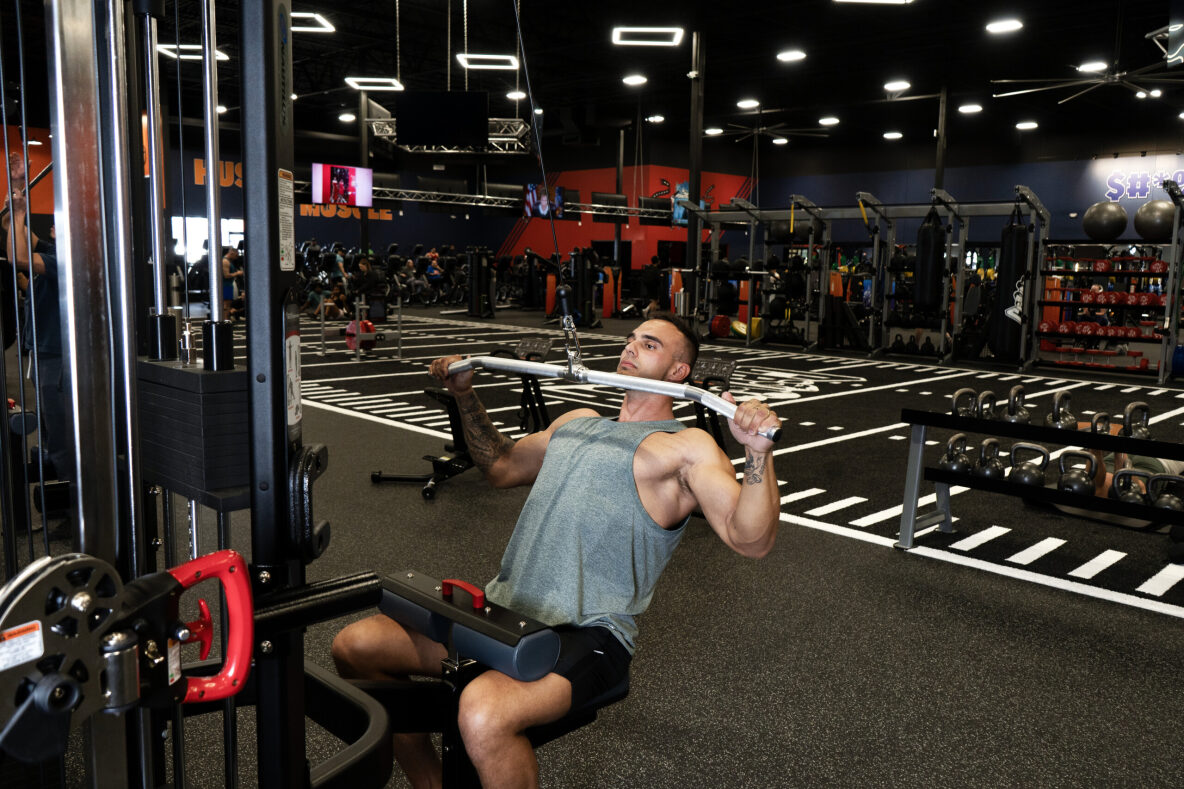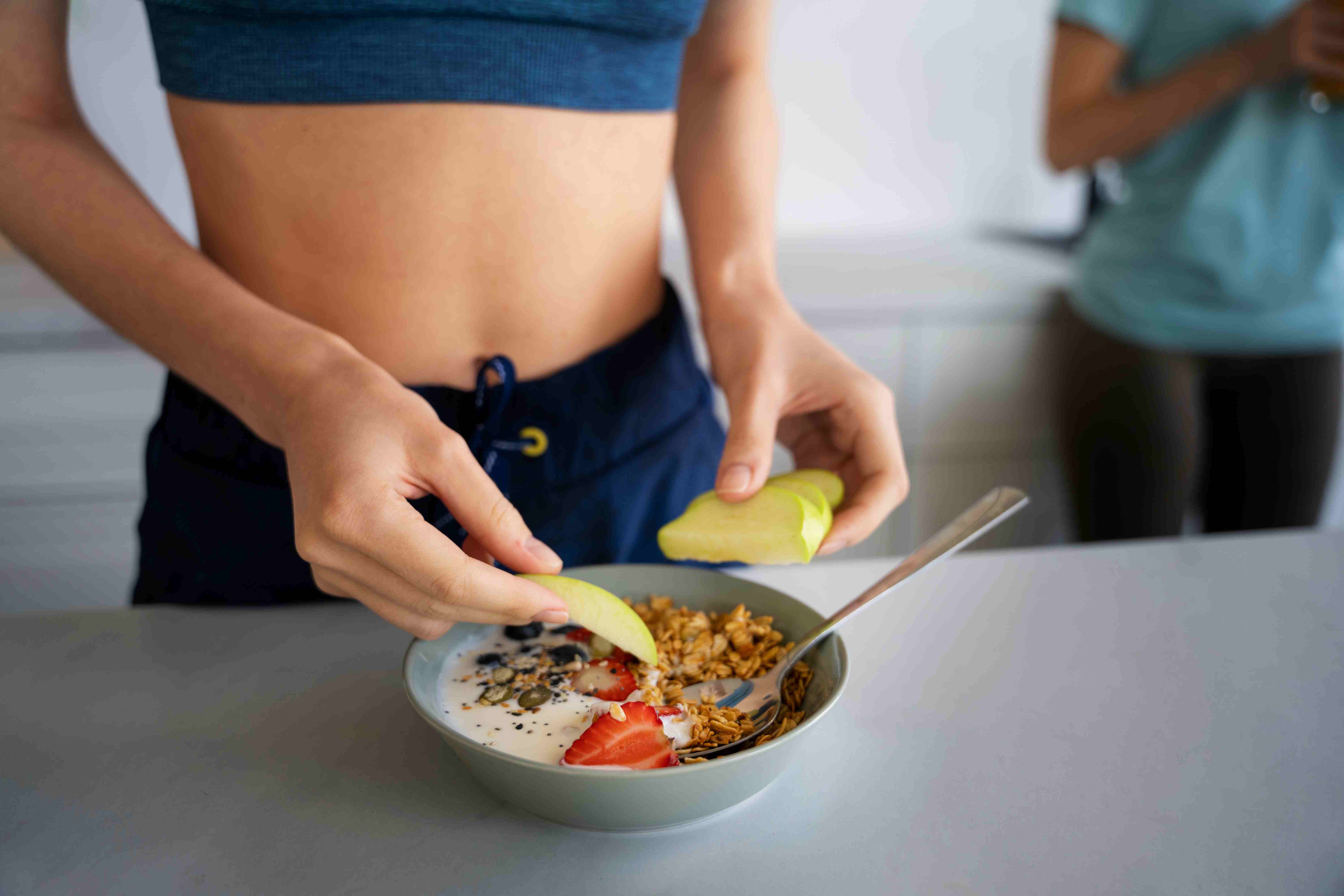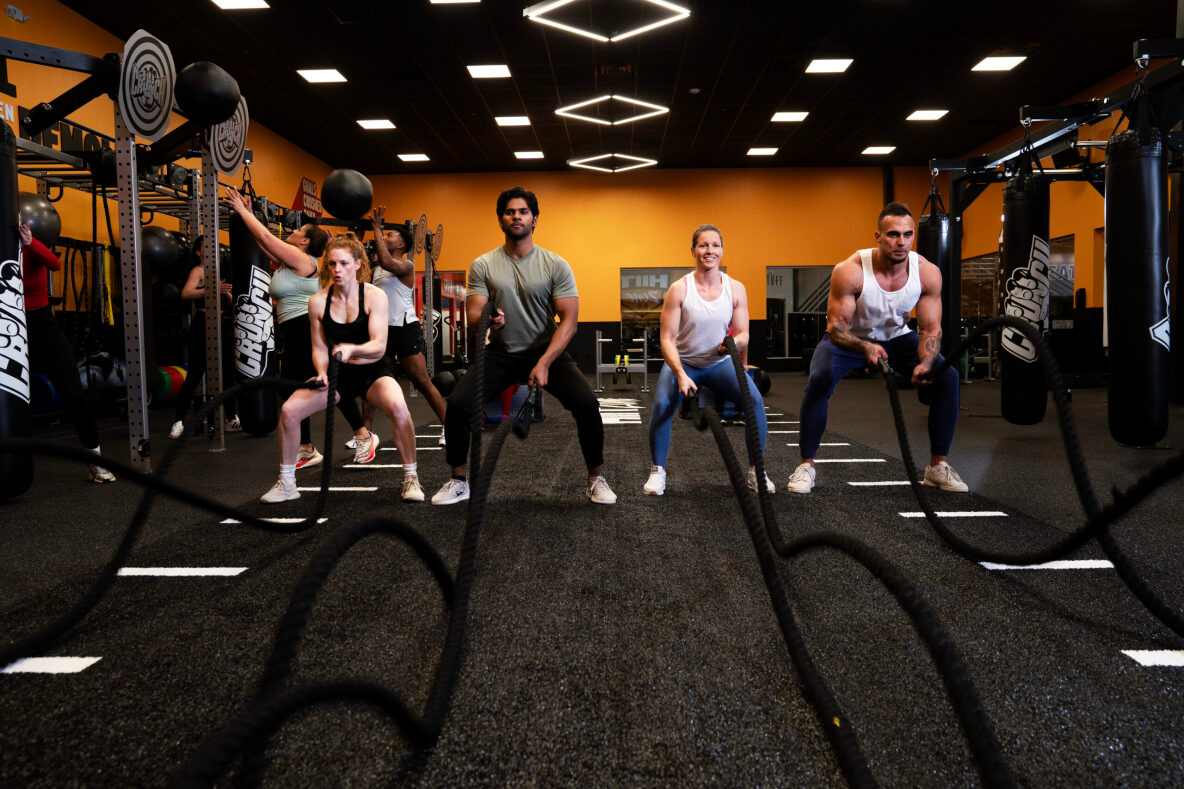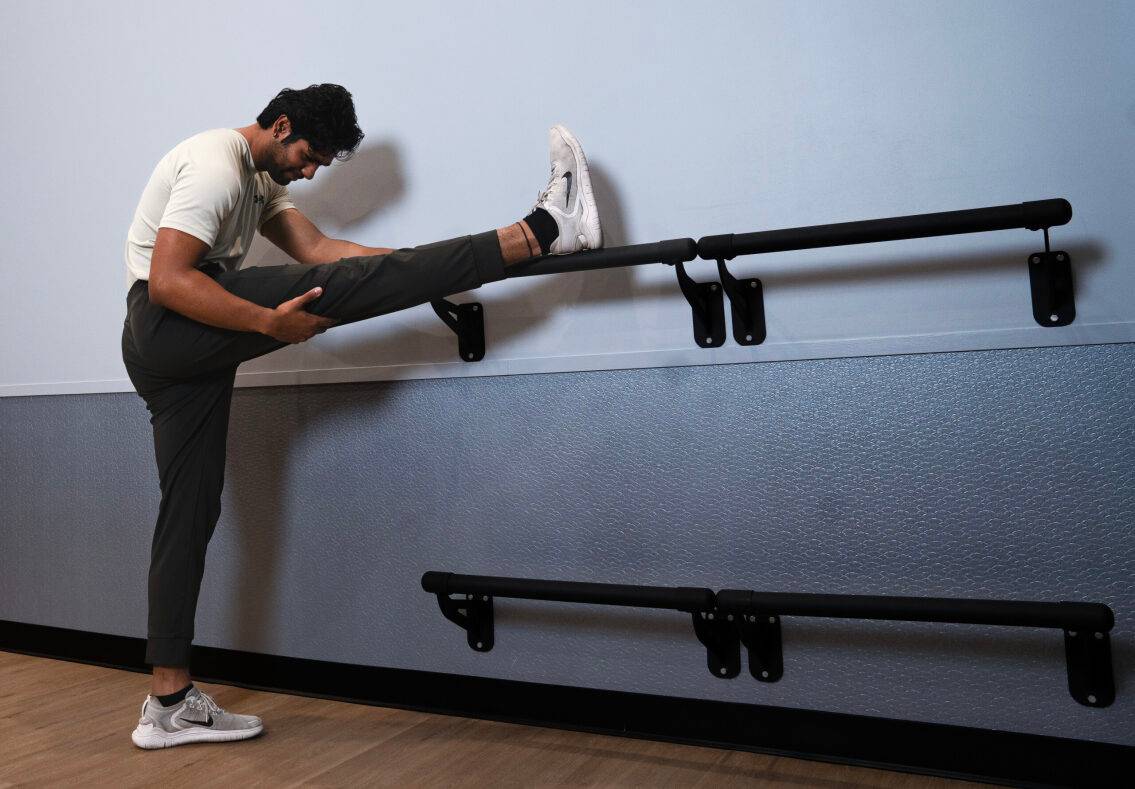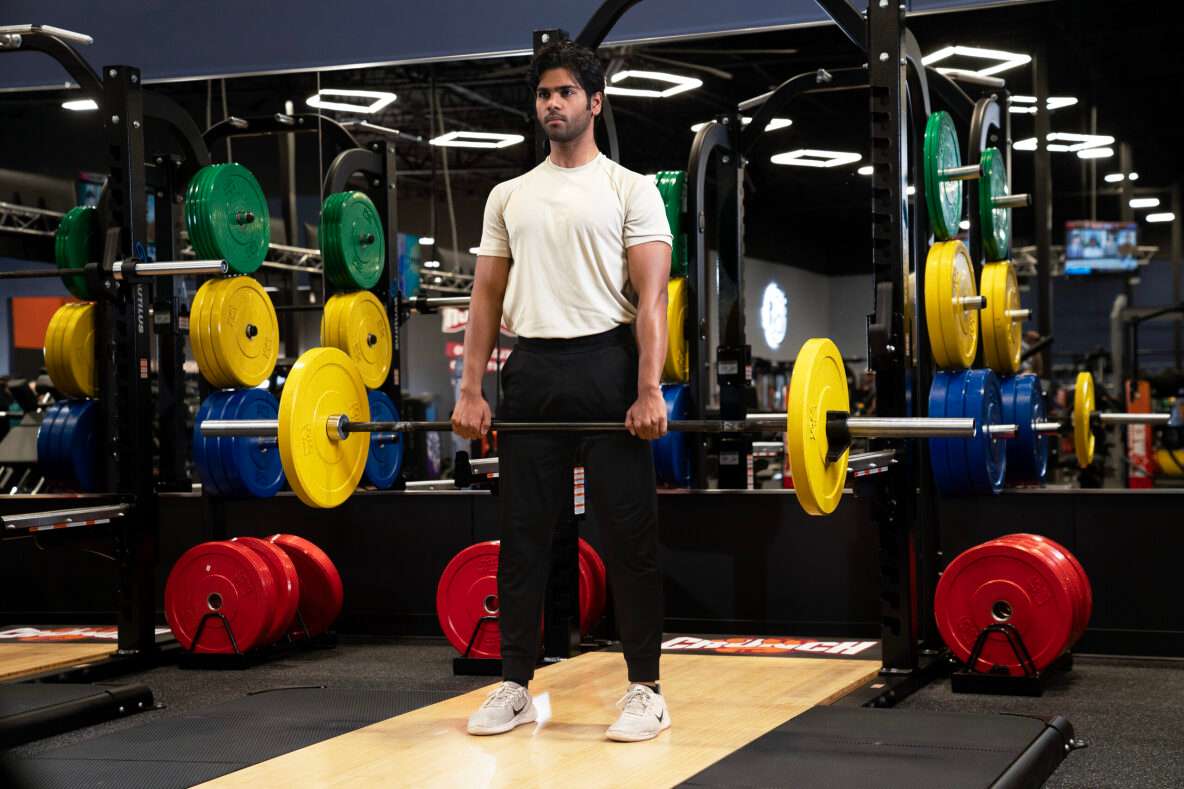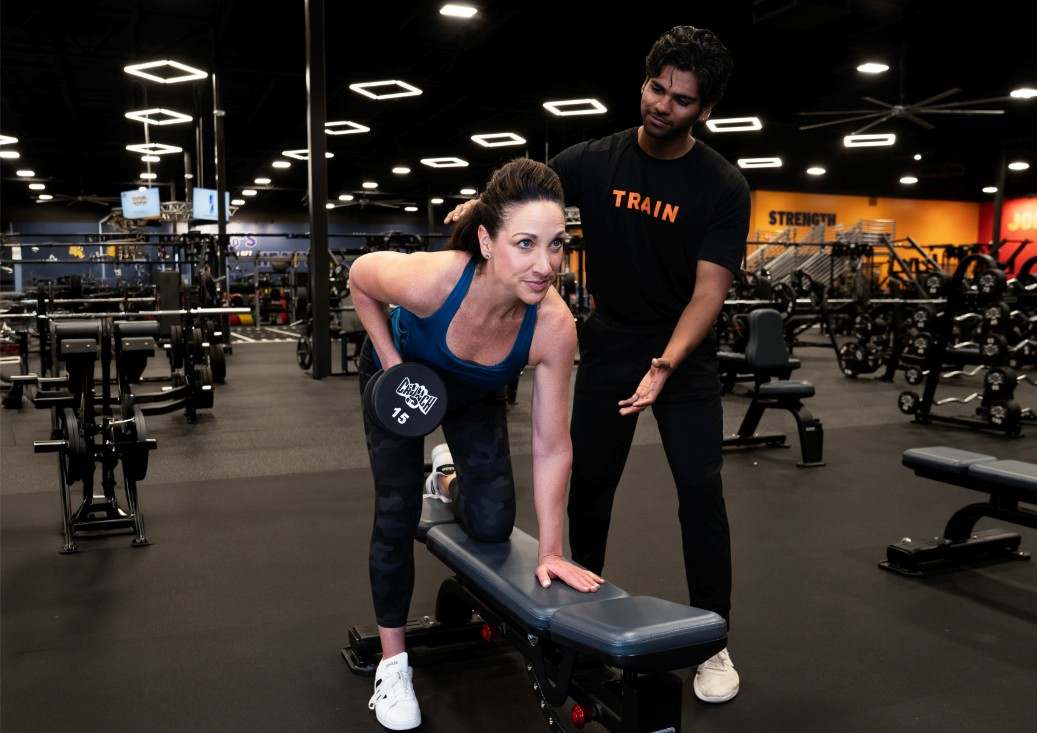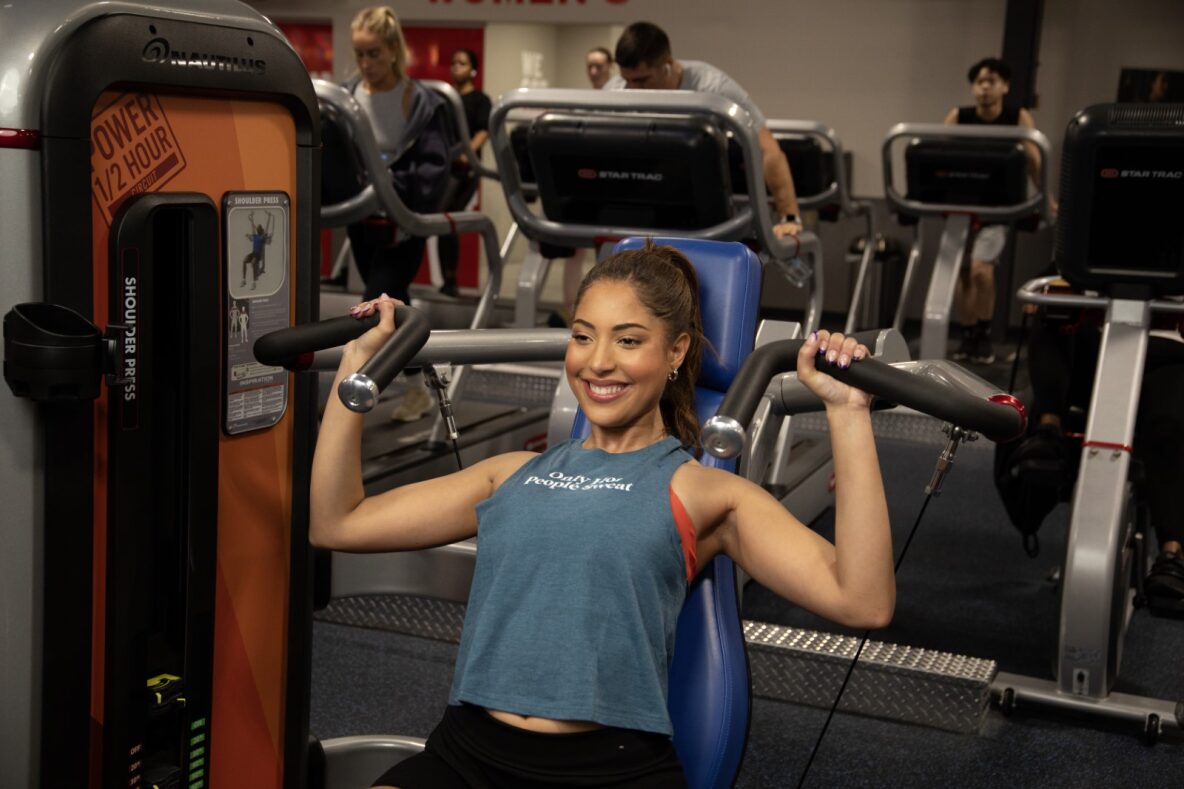This time, we’re celebrating World Diabetes Day with the best exercise for diabetes. On November 14th, this day is a strong signal to the necessity of managing one's health in advance.
For instance, a run is not only a way to keep fit for these 3 million people, but also it is an essential means to control blood sugar levels, improve insulin sensitivity and decrease the risk of complications in the future.
Should heavy-impact training not be compatible with your condition because of pain in the joints or neuropathy, there are still significant alternatives you can turn to! Read more to find the best exercise for diabetic patients.
Why Low-Impact Exercise for Diabetic Patient is Necessary
Low-impact movements include those where one foot is always touching the ground (like walking) or the body is supported (like swimming). They are particularly effective for diabetes management because:
Improved Insulin Sensitivity
The muscles are encouraged to use glucose more effectively through physical activities; thus, this might result in lower blood sugar levels, and finally, the body’s insulin sensitivity could be raised.
Less Complications Risk
The heart is being supported by everyday physical activity. Its blood pressure and cholesterol levels are being controlled, and thus, the risk of cardiovascular complications (the long-term most common complications of diabetes) is reduced in the future.
Supporting the Joints
The exercises' movements are soft and gentle against the joints, which is very important for people who may have developed arthritis, a condition that is quite prevalent among diabetics.
Help with Stress
Physical activity is followed by the production of endorphins, which help the person to cope with stress and thereby increase the overall feeling of happiness, and is therefore an integral part of chronic disease management.
The Best Exercise For Diabetes (World Diabetes Day Special)
This manual serves as a precise guide to the best exercise for diabetes, providing great metabolic advantages without the risk of injury to the body, thus giving you the power to take charge of your diabetes efficiently each day.
1. Walking
Walking could be considered the best exercise for diabetes, most straightforward and also the most widely available low-impact exercise. It is an aerobic exercise of high efficiency, which gradually leads to better blood glucose levels. Practice a brisk, moderate walk. Make it a habit of walking 10-15 mins daily, 3–4 times a week, and then increase your time up to 30 mins or even longer. You may want to take a walk after your meal (for 15-20 minutes) to minimize the blood sugar level rise which usually happens after eating.
2. Swimming and Water Aerobics
Water is a great medium for low-impact workouts. It resists but at the same time supports the body, making it one of the best exercise for diabetes. The hydrostatic pressure of water promotes blood circulation, while its buoyancy practically eliminates the impact on the joints. You can select from a variety of activities including water walking, lap swimming, or participating in a water aerobics class designed for beginners. It is advisable to confirm the water temperature of the pool since at times very hot or cold temperatures can affect the levels of blood sugar and even cause problems with blood circulation.
3. Cycling (Stationary or Outdoor)
Cycling is regarded as one of the best exercise for diabetes that does not put much strain on the joints. It offers a muscle toning effect (as muscle is great for glucose uptake) and at the same time, it increases cardiovascular fitness through an ongoing and unchanging movement. Be steady and keep your speed to a medium level if you’re on a stationary bike. Those work on different rules. The resistance shouldn’t be too much, just enough. The bike that you will use must fit your body perfectly.
4. Yoga and Tai Chi
Gentle movement, stretching, and breathing are the components of these ancient methods that also incorporate mindfulness, putting it among the best exercise for diabetes. They enhance balance, adaptability, and endurance, which, in turn, work wonderfully as a fall prevention means and in solving neuropathy problems. Besides, the concentration on letting go facilitates the decrease of stress hormone cortisol which can cause an increase in blood sugar.
Read Our Article: 7-Day Yoga Challenge For Better Posture
5. Resistance Training with Light Weights or Bands
Light weights or resistance bands are low-impact and can be very convincing in their effect even though, in strength exercises, they are technically used. It is very important to keep in mind that gaining muscle is the main goal because muscles represent the prime glucose storage and consuming site. Begin with wall push-ups, chair squats, bicep curls, and lunges without weights. When you get the hang of it, introduce light dumbbells (1-3 lbs) or resistance bands. Besides starting out with an extremely light load, make sure that your form is perfect throughout in order to avoid injuries.
Read Our Article: Fight Muscle Loss: Resistance Training Tips
Essential Safety Precautions for Diabetics
When you are going to start an exercise for diabetic patient or a new physical activity, do not forget to first consult with your doctor and a certified fitness professional.
Make Sure Blood Sugar Is Not Out of Control
You might not know this but if you have diabetes, check your sugar level before you exercise. If it’s low (< 100 mg/dL) then you need to optimize it with a snack. Otherwise you could pass out. If it’s high (> 250 mg/dL) then you shouldn’t do any hardcore activity until it settles to normal.
Water Is a Must
Water is always the one that benefits the body the most. But it is especially during your workouts that the body needs water the most conducted through hydration before, during, and after the workout.
Foot Care
The rule which is most important one among others is always wearing good, comfortable and proper-fitting athletic shoes as well as moisture-wicking socks that will protect your feet from blisters or sores, particularly if you have neuropathy.
Carry a Snack with You
It is imperative that you should never be without an easily and quickly digestible sugar source (for example: glucose tablets or hard candy) that is readily available so that you are able to treat hypoglycemia if it happens.
Medical ID
Maybe it would be a good idea if you wear a medical ID or if you have a card with you that tells other people you have diabetes.
Conclusion
With the best exercise for diabetes, the goal is to achieve regularity. The minimum target for moderate-intensity activity is 150 minutes per week (for example, 30 minutes, 5 days a week) and also to do strength training exercises at least for two days.
Little by little, listen to your body and make every little movement a big issue. A fun and effective low-impact exercise can be a powerful tool in winning a healthier and well-controlled life with diabetes.
Do you have a question about how to begin a walking routine or do resistance training? Crunch Fitness India can help you find a beginner-friendly workout plan or offer you safety tips for your selected exercise!
Frequently Asked Questions (FAQs)
Q1. What day is World Diabetes Day?
World Diabetes Day takes place each year on the 14th of November.
Q2. Why is November 14 diabetes day?
This is the birthday of Sir Frederick Banting, who along with Charles Best, co-discovered insulin in 1922.
Q3. How to reduce diabetes naturally?
Eat healthy food and exercise. You need protein, fibers and healthy fats in your body. Go for whole food like fresh fruits and vegetables, lean meat etc. And 150 minutes of physical activity in a week.
Q4. Which exercise is best for reversing diabetes?
Resistance training (weightlifting) along with aerobics is best. Combine walking or cycling with strength training. Go for 30–60 minutes of activity.
Q5. Can exercise remove sugar?
Definitely, physical activity is one of the means to lower blood glucose (sugar) as the muscles in use take up glucose for energy and the whole system becomes more responsive to insulin.
Explore More Articles
CLOSEST CLUB
Your Local Crunch Noida
SEE OUR MEMBERSHIP OPTIONS




